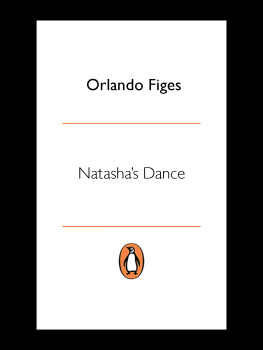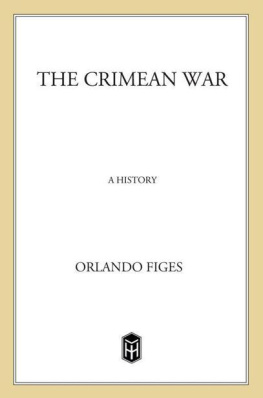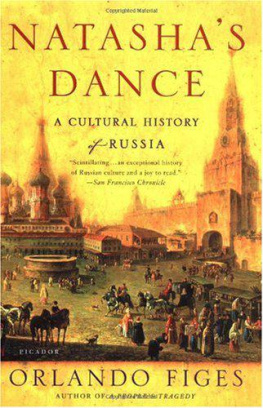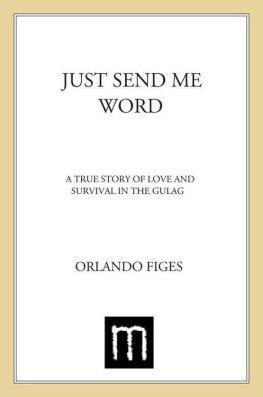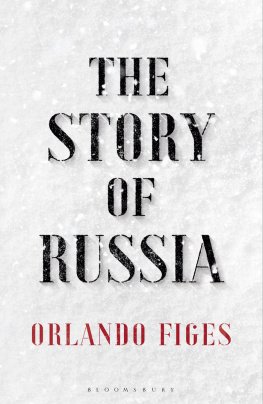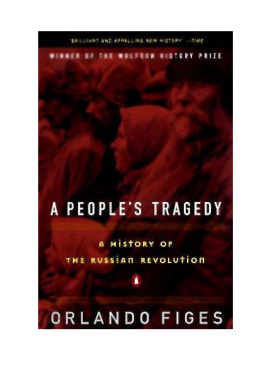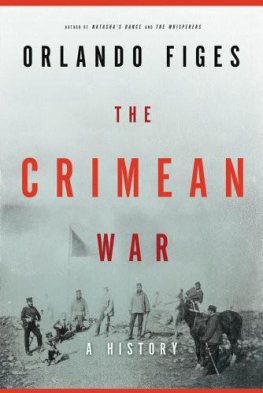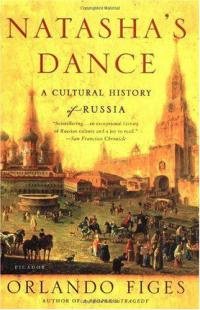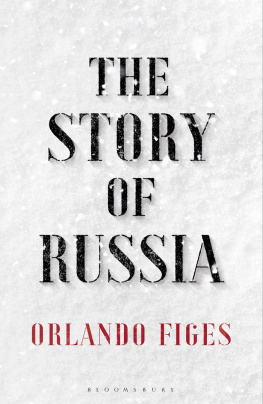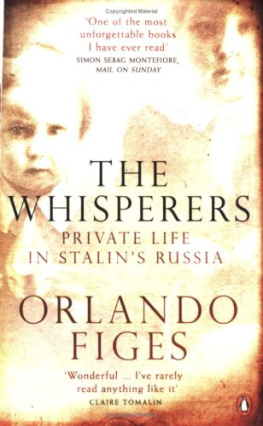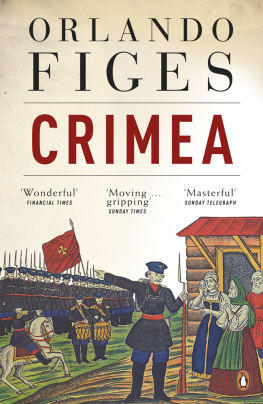Orlando Figes - Natasha’s Dance: A Cultural History of Russia
Here you can read online Orlando Figes - Natasha’s Dance: A Cultural History of Russia full text of the book (entire story) in english for free. Download pdf and epub, get meaning, cover and reviews about this ebook. year: 2003, publisher: Picador, genre: History. Description of the work, (preface) as well as reviews are available. Best literature library LitArk.com created for fans of good reading and offers a wide selection of genres:
Romance novel
Science fiction
Adventure
Detective
Science
History
Home and family
Prose
Art
Politics
Computer
Non-fiction
Religion
Business
Children
Humor
Choose a favorite category and find really read worthwhile books. Enjoy immersion in the world of imagination, feel the emotions of the characters or learn something new for yourself, make an fascinating discovery.
- Book:Natasha’s Dance: A Cultural History of Russia
- Author:
- Publisher:Picador
- Genre:
- Year:2003
- Rating:4 / 5
- Favourites:Add to favourites
- Your mark:
- 80
- 1
- 2
- 3
- 4
- 5
Natasha’s Dance: A Cultural History of Russia: summary, description and annotation
We offer to read an annotation, description, summary or preface (depends on what the author of the book "Natasha’s Dance: A Cultural History of Russia" wrote himself). If you haven't found the necessary information about the book — write in the comments, we will try to find it.
Natasha’s Dance: A Cultural History of Russia — read online for free the complete book (whole text) full work
Below is the text of the book, divided by pages. System saving the place of the last page read, allows you to conveniently read the book "Natasha’s Dance: A Cultural History of Russia" online for free, without having to search again every time where you left off. Put a bookmark, and you can go to the page where you finished reading at any time.
Font size:
Interval:
Bookmark:



UK | USA | Canada | Ireland | Australia
India | New Zealand | South Africa
Penguin Books is part of the Penguin Random House group of companies whose addresses can be found at global.penguinrandomhouse.com.

First published by Allen Lane The Penguin Press 2002
Published in Penguin Books 2003
Copyright Orlando Figes, 2002
All rights reserved
The moral right of the author has been asserted
ISBN: 978-0-141-98959-4
Orlando Figes is Professor of History at Birkbeck College, University of London. He was born in London in 1959 and studied History at Cambridge. Before moving to Birkbeck he was a University Lecturer in History and Fellow of Trinity College, Cambridge. He is the author of Peasant Russia, Civil War and A Peoples Tragedy, which in 1997 was the winner of the Wolfson History Prize, the WH Smith Literary Award, the Longman/History Today Book of the Year Award, the NCR Book Award and the Los Angeles Times Book Prize.

discover more stories like this at Penguin.co.uk
For Lydia and Alice
An awesome achievement Iain Finlayson, The Times, Books of the Year
A wonderfully rich read, packed with illumination and insight into an artistically rich civilization at once brilliant and savage, a raw tangled mix of the rational and the mystical, Eastern and European
Lisa Jardine, Observer
Splendid a gripping panorama of Russian art and life
George Walden, Independent
A rivetingly compendious rumination on how painting, poetry, plays and music reflect Russias perennial tug-of-war between peasant and aristocratic cultures
Michael Church, Evening Standard, Books of the Year
Remarkable I know of no parallel to compare with the tapestry that this Professor of History has been able to weave Professor Figes has achieved the impossible with a portrait that is hugely entertaining and, astonishingly, actually gives the reader that smell of Russian earth he has painted the vast Russian landscape in terms of its cultural roots, its absurdities, its genius, its humanity as well as its cruelty. A formidable achievement Geoffrey Goodman, Tribune
Richly informative and marvellously entertaining. It is full of sparkling vignettes and sharp, sometimes funny, often moving pen portraits Figes gives an incomparable insight into the nature of the beast
Piers Brendon, Oldie, Books of the Year
Just as all things Russian require the hyperbolic superlative, so do Figess Russian histories: he has done it again. Written beautifully with striking wit, joie de vivre and learning worn lightly, magnificently and broadly researched from aristocratic letters to Stalins archives, with brilliant yet simple analysis, this superb, flamboyant and masterful tour dhorizon is fun, anecdotal and fascinating, colourful and playful
Simon Sebag Montefiore, Financial Times
Brilliant leaves one awed by the societys twin legacies of beauty and suffering Max Hastings, Sunday Telegraph, Books of the Year
Figes is unlike anyone else in the vast range of information he draws on, in the vigour and intensity of his writing, in his eye for the dramatic detail, and most of all in the use he makes of private lives to illustrate his themes Joseph Frank, London Review of Books
Every effort has been made to contact all copyright holders. The publishers will be happy to make good in future editions any errors or omissions brought to their attention.
Ivan Bilibin: set design for Grad Kitezh, 1928. Ashmolean Museum, Oxford
. Benjamin Paterssen: Vue de la grande parade au Palais de lEmpereur Alexandre Ier St Petersburg, c. 1803. Ashmolean Museum, Oxford
. Adolphe Ladurnier: View of the White Hall in the Winter Palace, St Petersburg, 1838. State Hermitage Museum, St Petersburg/Petrushka, Moscow
. St Basils Cathedral, Red Square, Moscow, during the late nineteenth century (photo: David King Collection, London)
. A typical one-street village in central Russia, c. 1910. Photograph by Netta Peacock. Victoria & Albert Museum Picture Library, London
. Natalia Goncharova: backdrop design for The Firebird (1926) Victoria & Albert Museum Picture Library, London
. Scythian figures: late nineteenth-century archaeological engraving
. Anna Akhmatova at the Fountain House. Copyright Museum of Anna Akhmatova in the Fountain House, St Petersburg
. Igor and Vera Stravinsky arriving at Sheremetevo Airport in Moscow, 21 September 1962. Reproduced from Igor and Vera Stravinsky, A Photograph Album 1921 1971 (London: Thames & Hudson, 1982)
. Shifting the huge granite rock for the pedestal of The Bronze Horseman. Engraving after a drawing by A. P. Davydov, 1782
. Seventeenth-century Muscovite costumes. Engraving from Adam Olearius, Travels to Muscovy and Persia (Hamburg: Schleswig, 1669)
. The Sheremetev theatre at Ostankino. Photograph copyright William C. Brumfield.
. Grard de la Barthe: A Cure Bath in Moscow, 1790. Pushkin Museum, Moscow (photo: AKG London)
. The peasant prince: Sergei Volkonsky in Irkutsk. Daguerreotype by A. Lavignon, 1845 (photo: Novosti, London)
. Alexei Venetsianov: Cleaning Beetroot, 1820. Copyright 2002, State Russian Museum, St Petersburg/Petrushka, Moscow
. A wet nurse in traditional Russian dress. Early-twentieth-century photograph. Private collection. Reproduced from Chloe Oblensky, The Russian Empire: A Portrait in Photographs (London: Jonathan Cape, 1979)
. Monument to the millennium of Russia in the square in front of St Sophias Cathedral, Novgorod. Photograph by Mikhail Mikeshin, early 1910s
. Maria Volkonsky and her son Misha. Daguerreotype, 1862. Reproduced from Christine Sutherland, The Princess of Siberia: The Story of Maria Volkonsky and the Decembrist Exiles (London: Methuen, 1984)
. Etienne-Maurice Falconet: The Bronze Horseman. Monument to Peter the Great, 1782 (photo: Hulton Archive, London)
Font size:
Interval:
Bookmark:
Similar books «Natasha’s Dance: A Cultural History of Russia»
Look at similar books to Natasha’s Dance: A Cultural History of Russia. We have selected literature similar in name and meaning in the hope of providing readers with more options to find new, interesting, not yet read works.
Discussion, reviews of the book Natasha’s Dance: A Cultural History of Russia and just readers' own opinions. Leave your comments, write what you think about the work, its meaning or the main characters. Specify what exactly you liked and what you didn't like, and why you think so.

